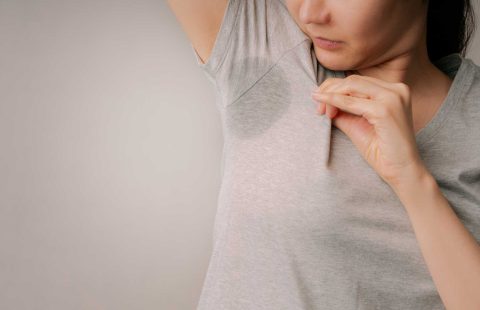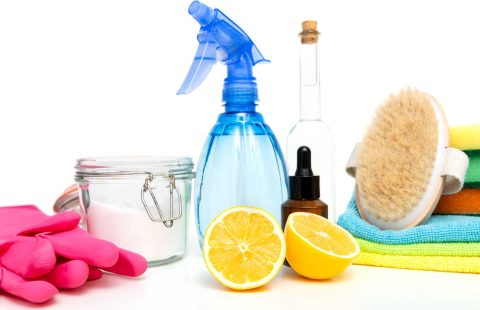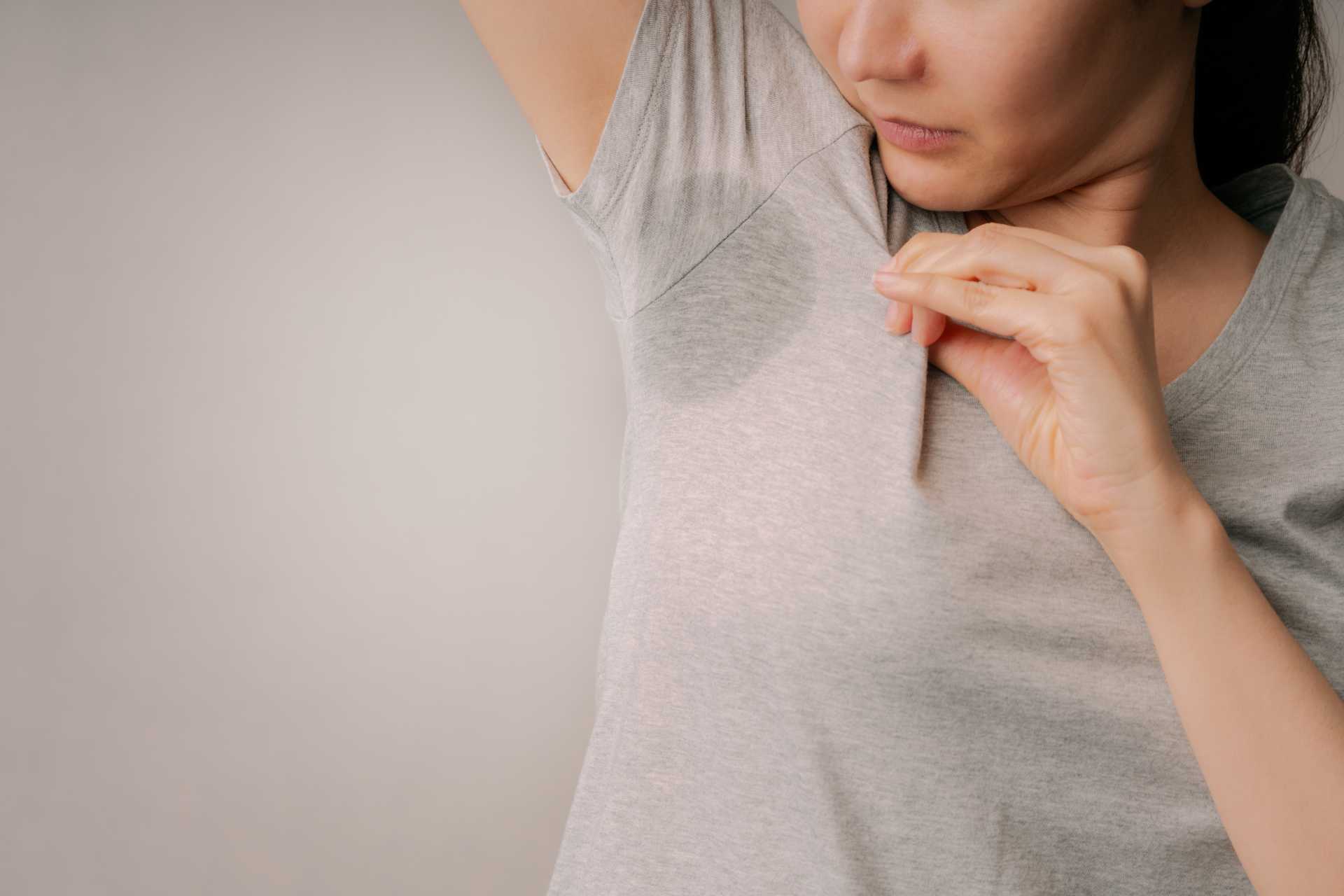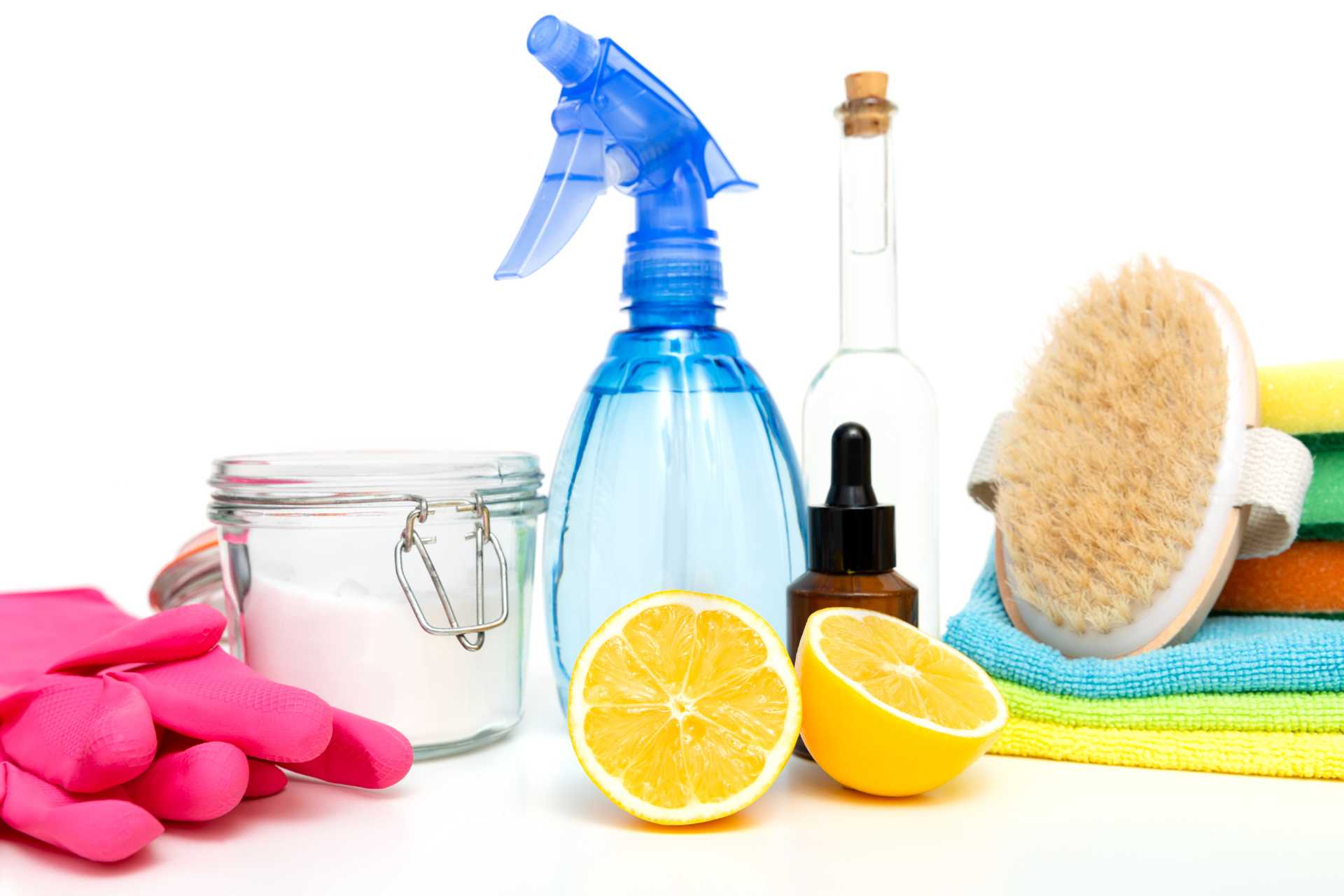Sweating is a natural body process essential for temperature regulation, but excessive sweating, or hyperhidrosis, can disrupt daily activities and diminish quality of life. If your sweating seems excessive—even without triggers like heat or exercise—you might be among the 15 million people in the U.S. who have hyperhidrosis.
Understanding Excessive Sweating
Hyperhidrosis is categorized into two types: primary, which has no medical cause and typically affects hands, feet, face, and underarms, and secondary, which is a symptom of another condition such as diabetes or thyroid problems. Triggers range from stress to certain foods, with significant impacts not just physically but also on emotional well-being due to the stress and embarrassment it often causes.
Medical Treatments
Numerous effective treatments exist for managing hyperhidrosis. Over-the-counter and prescription-strength antiperspirants containing aluminum chloride can block sweat glands temporarily. While generally safe, they may cause skin irritation or discomfort. Medications include oral pills that reduce sweating and nerve-blocking medications. However, side effects might include dry mouth, blurred vision, or bladder problems.
Another popular treatment for hyperhidrosis is botox. Botox treats more than just wrinkles. Botox injections temporarily block the nerves that cause excessive sweating for up to 6 months. The procedure itself is relatively quick, typically taking about 30 minutes, and involves multiple small injections into the affected area. While the results are not permanent, regular maintenance sessions every few months can help sustain the benefits.
For severe cases, microwave therapy, which destroys sweat glands, or sympathectomy, a surgical procedure that cuts nerves triggering sweat, can be considered. These methods are effective but come with higher risks and potential side effects.
Lifestyle and Home Remedies
Simple lifestyle changes can also help manage symptoms. Opt for breathable, natural fabrics like cotton and avoid spicy foods or caffeine that can trigger sweating. Maintaining good hygiene and using absorbent powders may also alleviate discomfort. Techniques like yoga and meditation can reduce stress-related sweating.
Alternative Treatments
Some people find relief through alternative methods such as herbal supplements, acupuncture, or iontophoresis—the latter involving a device that uses electrical currents to temporarily stop sweat production. These treatments offer varying degrees of effectiveness and may appeal to those seeking less invasive options.
Taking Control: Navigating Treatment Options for Hyperhidrosis
Hyperhidrosis can be a challenging condition, but a variety of treatments and lifestyle adjustments can help manage the symptoms. It’s important to consult with a healthcare provider to understand the best options based on the severity and type of hyperhidrosis you experience. Remember, you’re not alone, and treatment can lead to significant improvements in your quality of life and self-confidence.










